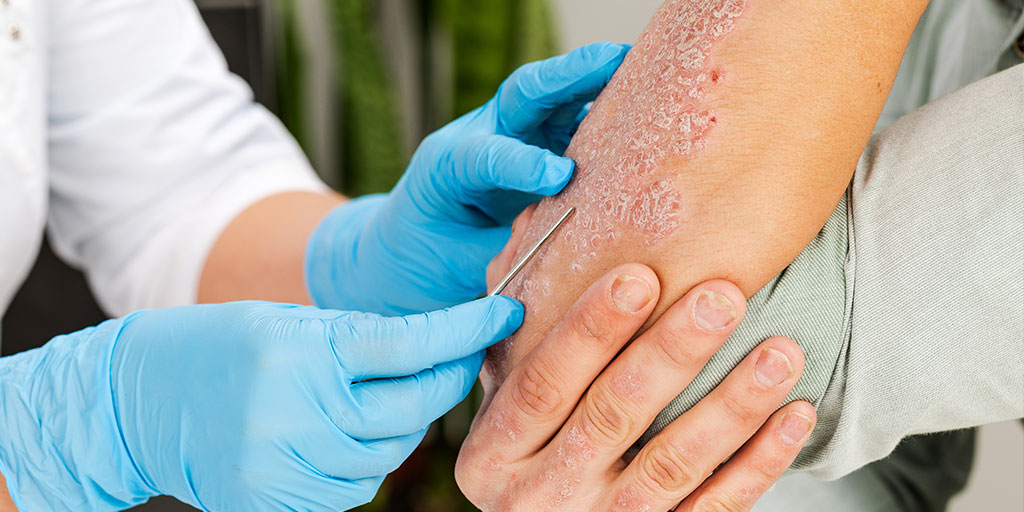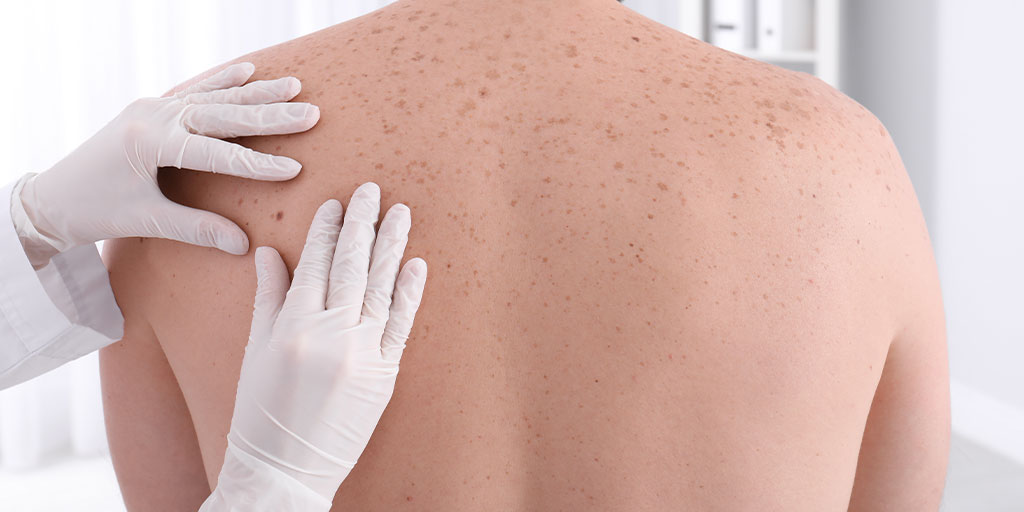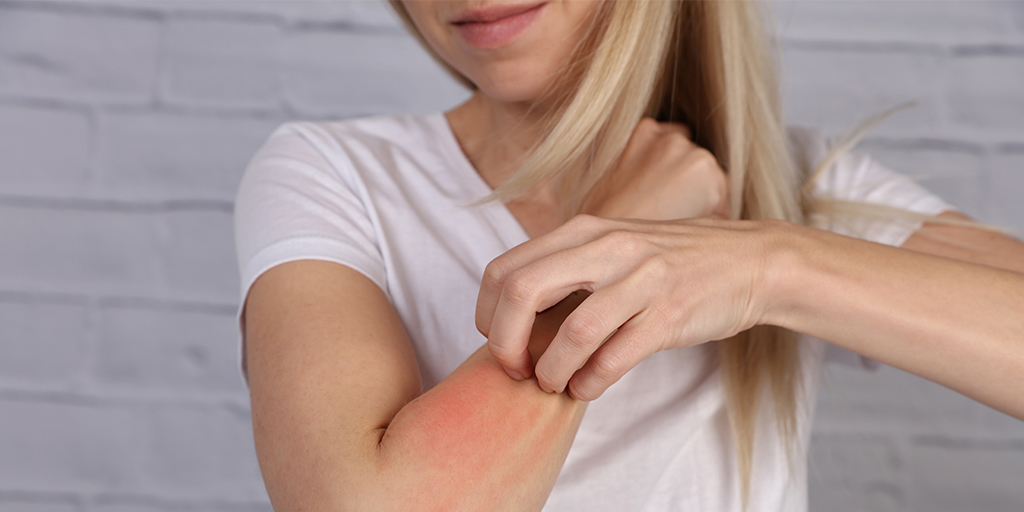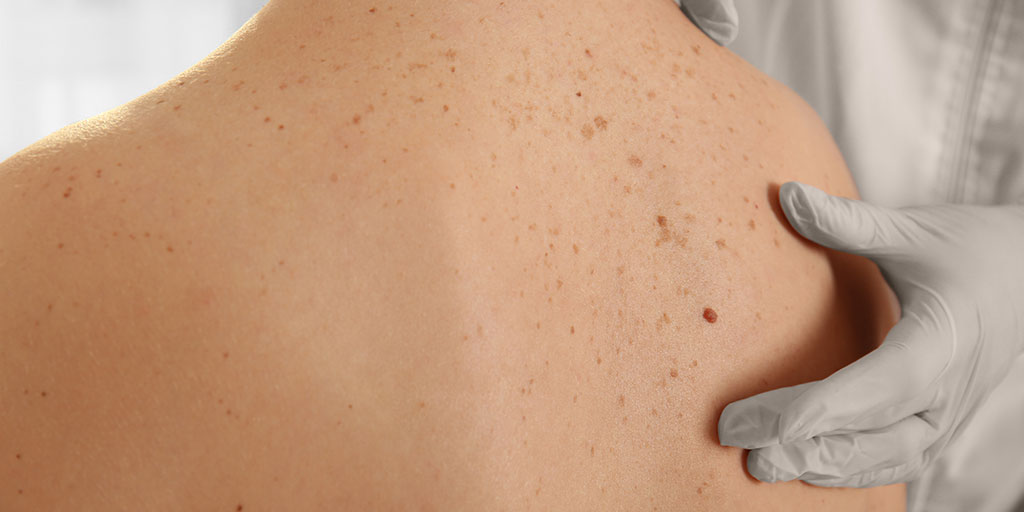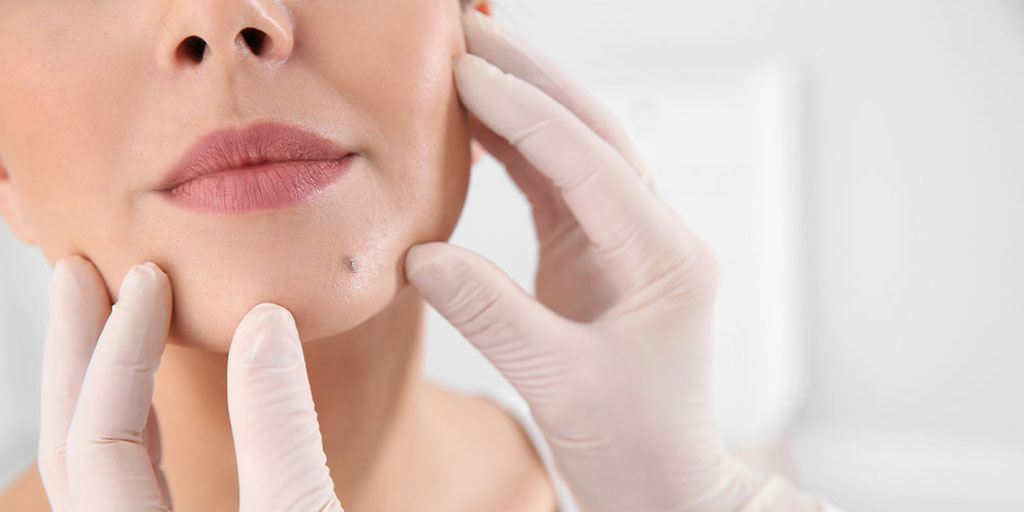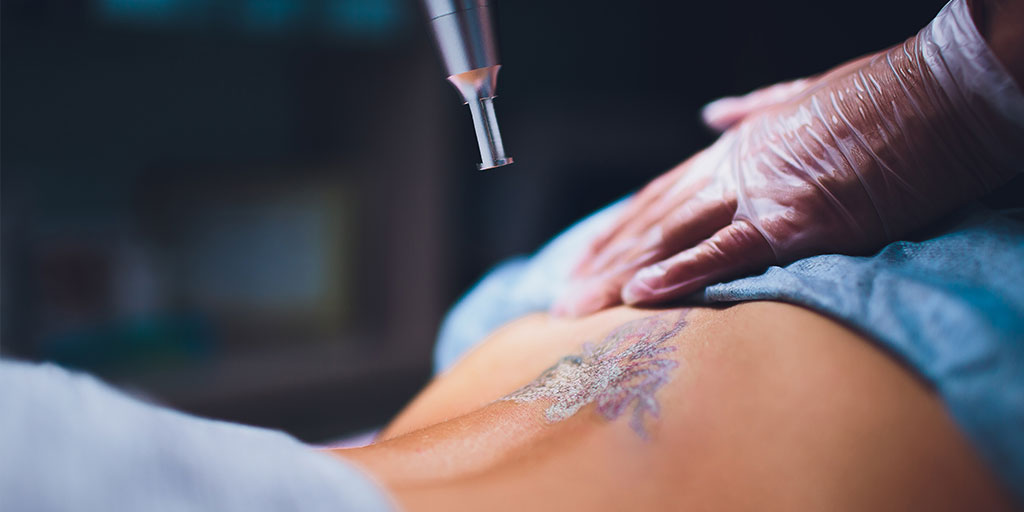Posts by admin
Is Psoriasis Linked to Cancer?
Psoriasis is a skin disease that affects approximately 7.5 million people in the United States. It is an immune-mediated disease that causes red, scaly patches on the skin due to systemic inflammation. There are several different types of psoriasis and though they are all treatable, there is no known cure for psoriasis yet. Dermatology Associates…
Read MoreWhat is Mohs Surgery? Everything You Need to Know
Mohs surgery is the most effective skin cancer treatment for most skin cancer types and is performed by our very own board-certified Mohs surgeon, Michael S. Lehrer, MD. Mohs surgery is a highly specialized and precise treatment for skin cancer in which the cancer is removed in stages, one tissue layer at a time. Mohs…
Read MoreMicroneedling and Psoriasis
The board-certified dermatologists at Dermatology Associates of Plymouth Meeting share a keen interest in managing psoriasis. We specialize in treating psoriasis by understanding its many forms, learning what triggers it and teaching our patients how to prevent flareups. We believe our patients with psoriasis should take advantage of the many benefits of our skin-enhancing procedures…
Read MoreIn-office Dermatologist Treatments to Aid Your Skin Care Routine
Taking care of your skin is as important as taking care of any other aspect of your health. Skin is your body’s largest organ, serves as its first line of defense against foreign aggressors and must be properly nourished throughout your lifetime. Keeping your skin in a healthy state is important and sometimes requires more…
Read MoreAvoid Eczema Flare-ups This Winter
Winter can be a difficult season for people with eczema. Painful flare-ups, triggered by cold weather, cause areas of the skin affected by eczema to crack, itch, bleed or even become infected. Preventing these flare-ups from happening, rather than treating them after they become bothersome, is the best way to keep the skin calm. When…
Read MorePsoriasis Triggers and How to Avoid Them
At Dermatology Associates of Plymouth Meeting, we work hard to help our psoriasis patients because we know how frustrating and uncomfortable their skin condition can be. We specialize in treating psoriasis by understanding its many forms and providing effective treatment and prevention options. Although there is no cure for psoriasis, it can be expertly managed,…
Read MoreLight Therapy for Sun Damaged Skin
Patients who have spent years being overexposed to sunlight are likely to develop unhealthy, sun-damaged skin. At Dermatology Associates of Plymouth Meeting, we see patients every day who experience sunspots, premature wrinkles, actinic keratoses and other skin abnormalities that are caused by excessive exposure to the sun. Fortunately, certain types of sun damage can be…
Read MoreUnderstanding Facial Mole Removal
Facial moles can be frustrating—and at times, uncomfortable. Due to their prominent physical location, it is common for our patients to want to remove them. For individuals who hope to remove their facial moles, whether for cosmetic or medical reasons, it is important to seek out an experienced, board-certified dermatologist who can effectively and safely…
Read MoreHow Long After Laser Tattoo Removal Will My Tattoo Fade?
Laser tattoo removal is a specialized procedure that utilizes quick pulsing energy to target tattoo pigments and triggers the skin to release these pigments. Upon release, the skin naturally reabsorbs these pigments and disposes of them. Because the treatment targets the pigments and not surrounding skin, it can produce astounding results without scarring. In fact,…
Read MoreWhat is Microneedling?
With skin being the body’s largest organ, it makes sense that we should all seek to care for it and strive to retain a youthful, glowing appearance. As we become older, however, our skin can naturally begin to lose its elasticity, develop fine lines and show some signs of damage that are indicators of time…
Read More
